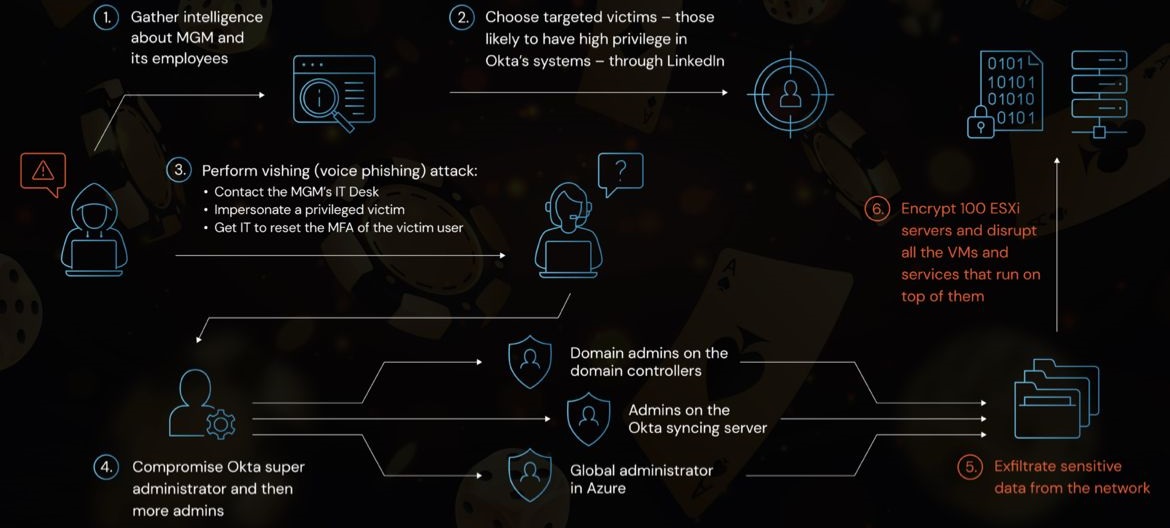
In an era of rapidly advancing technology and increasingly sophisticated cyber threats, the question of whether cyber security can be automated has gained prominence. As organizations strive to protect their valuable digital assets, the prospect of leveraging automation to bolster security measures seems enticing.
This article explores the possibilities and limitations of automating cyber security processes. We delve into the advantages offered by automation, such as increased efficiency and speed, while also examining the inherent challenges and the ongoing need for human expertise in combating ever-evolving cyber threats.
The Advantages of Automation in Cyber Security
Automation offers several key advantages when it comes to bolstering cyber security. Firstly, it enables organizations to rapidly detect and respond to security incidents. Automated systems can continuously monitor networks, devices, and applications, promptly identifying suspicious activities and potential threats. By providing real-time alerts, automated systems allow for swift incident response, reducing the potential for damage and minimizing the impact on operations.
Secondly, automation helps streamline routine security tasks, allowing security professionals to focus on more complex and strategic activities. Mundane and repetitive tasks such as patch management, vulnerability scanning, and log analysis can be automated, freeing up valuable human resources. This not only enhances operational efficiency but also reduces the risk of human error that can often arise from fatigue or oversight.
Additionally, automated systems can leverage machine learning algorithms to detect patterns and anomalies in vast amounts of data. By analyzing historical and real-time data, these systems can identify potential threats that may go unnoticed by human analysts. This ability to detect emerging threats and rapidly adapt defense mechanisms is a significant advantage in today's ever-changing threat landscape.
The Limitations of Automation in Cyber Security
While automation brings numerous benefits, it also has its limitations in the field of cyber security. One of the key challenges is the complexity and diversity of cyber threats. Adversaries constantly evolve their tactics and techniques, making it difficult for automated systems to keep pace.
Cyber attacks often involve novel strategies that require human reasoning and intuition to identify and respond effectively. Human experts possess the ability to think critically, adapt to new threats, and make decisions based on contextual knowledge, which automation struggles to replicate.
Moreover, automated systems can generate false positives or negatives, leading to the potential for both missed threats and unnecessary alarms. Without human oversight, these systems may fail to accurately distinguish between genuine threats and benign activities. This highlights the importance of human involvement in validating and interpreting the findings of automated systems.
The Role of Human Expertise
While automation offers numerous benefits, it is essential to recognize the irreplaceable role of human expertise in cyber security. Human analysts bring critical thinking skills, intuition, and contextual knowledge to the table.
They can understand the broader implications of security incidents and make informed decisions based on the specific needs and goals of the organization. Human analysts also possess the ability to analyze the intentions and motivations of adversaries, which is crucial in responding effectively to sophisticated cyber attacks.
Furthermore, the human element is crucial for developing and managing effective security strategies. Cyber security is not solely about technology but also involves policy development, risk assessment, and compliance.
Human experts play a vital role in developing robust security frameworks, ensuring regulatory compliance, and addressing the ethical and legal aspects of cyber security.
Conclusion
In conclusion, while automation holds promise in enhancing cyber security measures, it cannot entirely replace the role of human expertise. Automated systems offer advantages such as rapid incident response, increased operational efficiency, and the ability to analyze vast amounts of data. However, automation faces limitations in keeping pace with the evolving tactics of cyber threats and may generate false positives or negatives.
Human expertise remains indispensable in cyber security, providing critical thinking, intuition, and contextual knowledge that automation cannot replicate. Human analysts can make informed decisions, understand the intentions of adversaries, and develop comprehensive security strategies that align with organizational goals. The ideal approach lies in striking a balance between automation and human involvement, leveraging the strengths of each to create a robust and adaptive cyber security posture.
By understanding the possibilities and limitations of automation and embracing human expertise, organizations can strengthen their defenses against the ever-evolving landscape of cyber threats.

